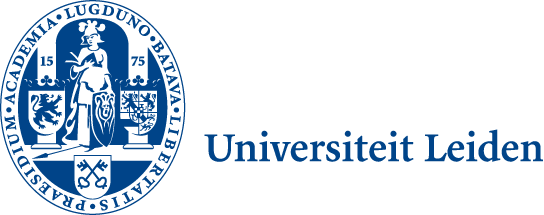- Leiden University
- Leiden Institute of Chemistry
- Master's Programmes
Colloquium: Aldin Babača
Colloquium
Comparing electrochemistry to palladium-based catalytic methods in organic synthesis: window to new approaches
Aldin Babača
- Date
- Friday 28 Nov 2025
- Time
- 15:15 - 15:45
- Location
- BW007
- Supervisor
- Dennis Hetterscheid
- Jury
- Hermen Overkleeft
The increasing demand for new chemical transformations capable of constructing complex molecular architectures has highlighted the need for sustainable and cost-effective alternatives to traditional palladium-catalyzed reactions. Conventional catalytic methods, such as the Suzuki-Miyaura, Buchwald-Hartwig, and Mizoroki-Heck reactions, rely heavily palladium, a precious metal, which are expensive, environmentally harmful, and unsustainable in the long term. Electroorganic chemistry offers an appealing alternative by utilizing electricity as the main reagent to drive redox transformations under mild and greener conditions. This review explores the potential of electrochemical methods to replace or supplement common palladium-catalyzed transformations, comparing them in terms of practicality, cost, and environmental impact. Several electrochemical reactions shown comparable or even superior results to conventional methods. The Buchwald-Hartwig amination can nearly be replaced through electrochemical methods, while partial alternatives exist for the Suzuki-Miyaura and Mizoroki-Heck reactions. Electrochemical hydrogenation presents a safer and more sustainable approach compared to traditional Pd/C hydrogenation without the use of gaseous hydrogen. However, significant knowledge gaps remain for reactions such as Sonogashira, Negishi, and Stille couplings, which currently lack direct electrochemical counterparts. Overall, electroorganic chemistry demonstrates great promise in providing more sustainable, environmentally friendly, and economically viable pathways for organic synthesis, but further development is required to make it a practical replacement for palladium-based reactions in both academic and industrial settings.
Are you interested in the MSc Chemistry or MSc Life Science & Technology programme?
Find out more about the programmes, career prospects & how to apply.

